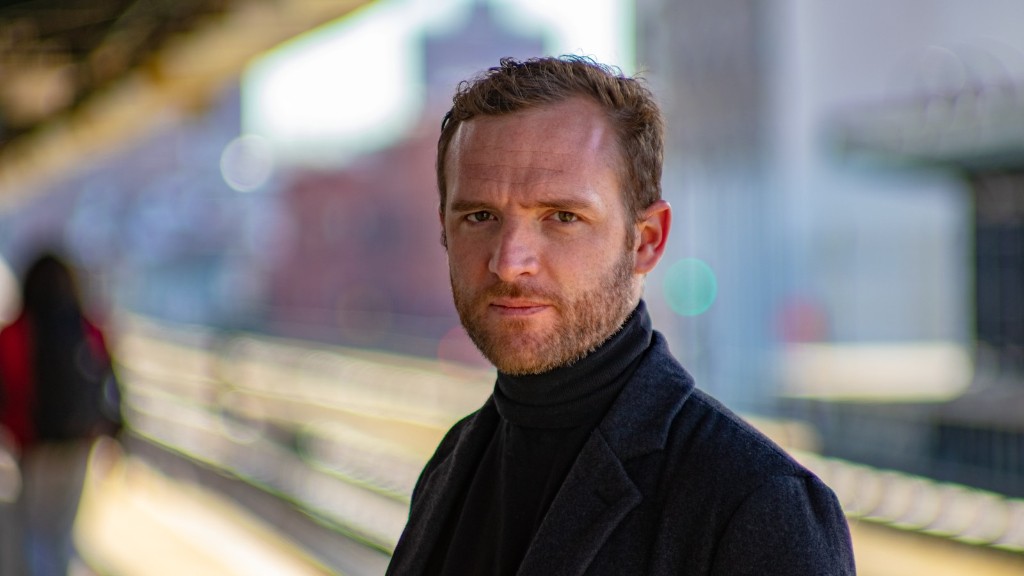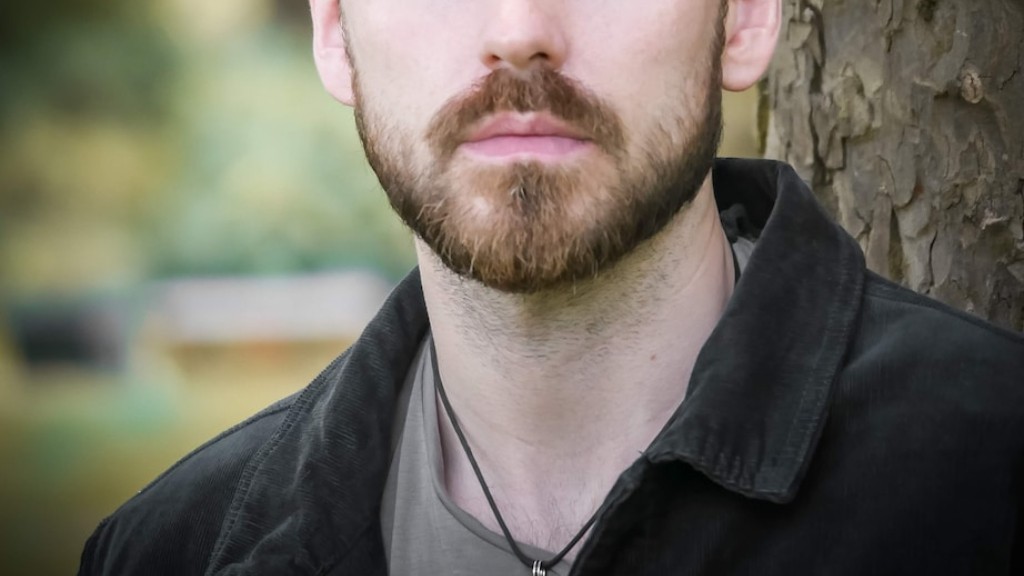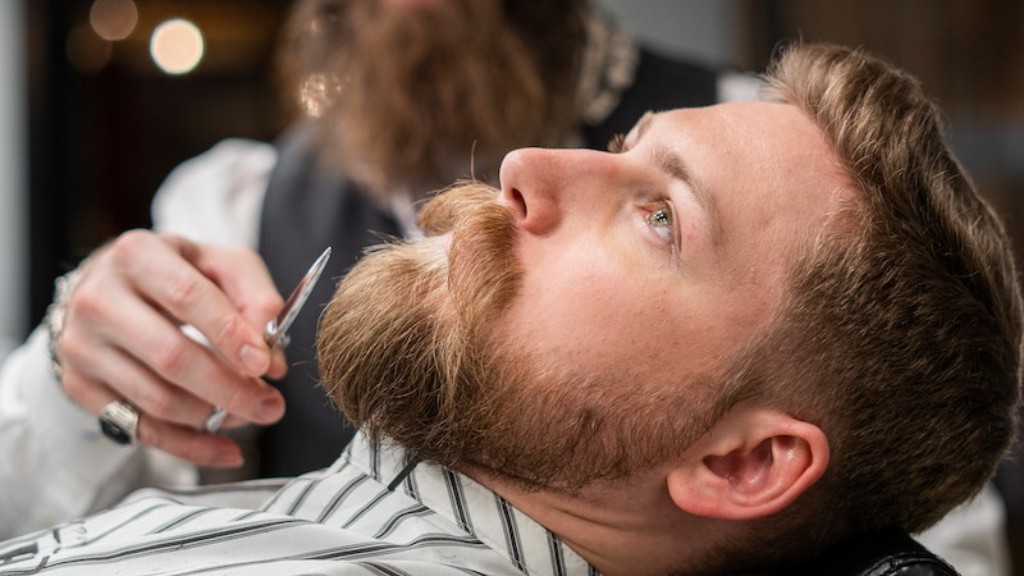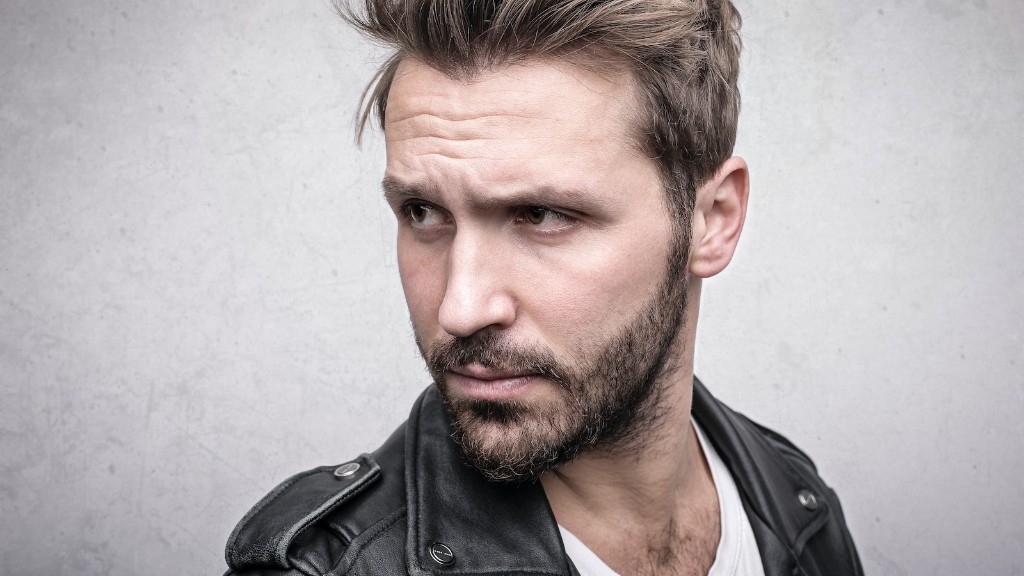Acne scars can prevent beard growth in men. The reason is that when the hair follicle is damaged, it can no longer produce hair. This is why men with acne scars might have trouble growing a beard.
There is no scientific evidence to suggest that acne scars can prevent beard growth. However, it is possible that the appearance of acne scars may make some men feel self-conscious about their appearance and, as a result, they may be less likely to grow a beard.
Can beard hair grow through acne scars?
Facial hair transplants are a great option for people with facial scarring who want to grow a more typical beard. The transplanted hair will not only cover the scars, but will also give the person a more typical beard. This can be a great option for people who want to improve their appearance and confidence.
When a scar forms on the skin, it can prevent hair follicles from growing back. This is because scars are made of thick, fibrous tissue called collagen that forms to protect the skin underneath. If the scar is large or deep, it may be impossible for hair to grow back in that area.
Do beards grow over scars
Scar tissue is made up of collagen fibers that are arranged in a random fashion. This type of tissue does not have the same structure as healthy skin and does not support hair growth. However, it is possible to implant follicles into scar tissue. This procedure is called follicular unit transplantation and can be performed by a qualified surgeon. The transplanted follicles will take root and grow hair in the damaged skin.
When the body’s natural oil (sebum) mixes with dead skin cells and beard care products, it can clog pores, trapping bacteria and leading to infection, irritation, and inflammation. Sebum oil can also prevent beard hairs from growing naturally from the follicles, leading to pimple-like bumps on the skin.
Do scars destroy hair follicles?
If you have suffered a scalp injury that has resulted in scarring, this can cause hair loss. This is because the scarring can destroy the hair follicles, and hair does not naturally grow in scarred skin. If the scars are small, they may not cause any significant cosmetic problems. However, if the scars are large, they can cause significant hair loss.
If you have acne, you should take extra care when shaving to avoid making your breakouts worse. Be sure to use a sharp, clean razor and shave in the direction of hair growth to avoid irritation. If you have a particularly bad breakout, you may want to avoid shaving altogether until it clears up.
What can stunt facial hair growth?
Hirsutism is a condition of excess hair growth on the body and face. While it is more common in women of Mediterranean, Middle Eastern, or South Asian descent, it can affect any woman. Hirsutism can be embarrassing and inconvenient, but there are treatments available to help. Losing weight if you are overweight can help to control hormone levels, and there are also things you can do at home to remove or lighten the hair. If these methods do not work, your doctor may prescribe a cream to slow hair growth on your face.
Beards never stop growing However individual hairs reach a maximum length fall out and begin the growth cycle again In addition there is a host of factors that can change growth rate full length and length in general
Can acne stop hair growth
Pimples can have a minor impact on beard growth if they leave scars. However, deep scars can impact the growth of facial hair.
Facial hair, like scalp hair, goes through stages of growth. It can take 2 to 4 months to grow a full beard. Facial hair grows between 03 and 05 millimeters (mm) every 24 hours. This works out to between one third and one half an inch per month. Understanding the hair growth cycle may help you maximize your beard-growing potential.
How do you know if you will ever grow a beard?
There are a few key indicators that will show whether or not you will be able to grow a beard. Genetics, age, ethnicity and even certain health conditions can impact your beard growth. If you have alopecia areata or another condition that affects hair growth, you may not be able to grow a beard. Additionally, unhealthy habits like smoking can also impact your ability to grow a thick and luscious beard. Lastly, low testosterone levels can also impede beard growth.
If you’re among the latter group of men, don’t fret – there are plenty of things you can do to help speed up the beard-growing process. From using the right beard oil to taking vitamins, there are plenty of ways to encourage your beard to grow in thicker and fuller.
Can you stimulate beard follicles
Exercise is a great way to improve blood flow and stimulate hair follicle growth. Try varying the workouts you do, as well as the time of day you do them, to get the best results.
Vitamin D is known to be important for many functions in the body, and recent research has suggested that it may also play a role in hair growth. There is some evidence that vitamin D can activate hair follicles that have become dormant, and that B vitamins like B-12, biotin, and niacin can help to strengthen and condition hair. While more research is needed to confirm these effects, it seems that vitamin D and B vitamins may be worth considering for those wishing to promote hair growth.
How do you tell if your beard has stopped growing?
Beards never truly stop growing, but after a few months of growth, it’s harder to tell where those extra half inches are coming from. Terminal beard length is determined by your genetics and can vary from person to person. However, beards typically level out into a “terminal length” after a certain point. So, if you’re looking to add a few extra inches to your beard, you may need to be patient and let it grow out!
The hair follicles are the cells in the skin that grow and eventually produce the hair shaft. The shaft is the “hair” that we see and feel. When these cells are damaged, it can lead to hair loss. The most common type of damage is from inflammation, which can be caused by many factors, including certain medical conditions, medications, surgery, and even stress.
Warp Up
There is no scientific evidence to support the claim that acne scars can prevent beard growth.
There is no scientific evidence to support the claim that acne scars can prevent beard growth. However, some men may believe that their scars are responsible for a lack of facial hair. If a man is concerned about his scarring, he should consult a dermatologist to discuss treatment options.





